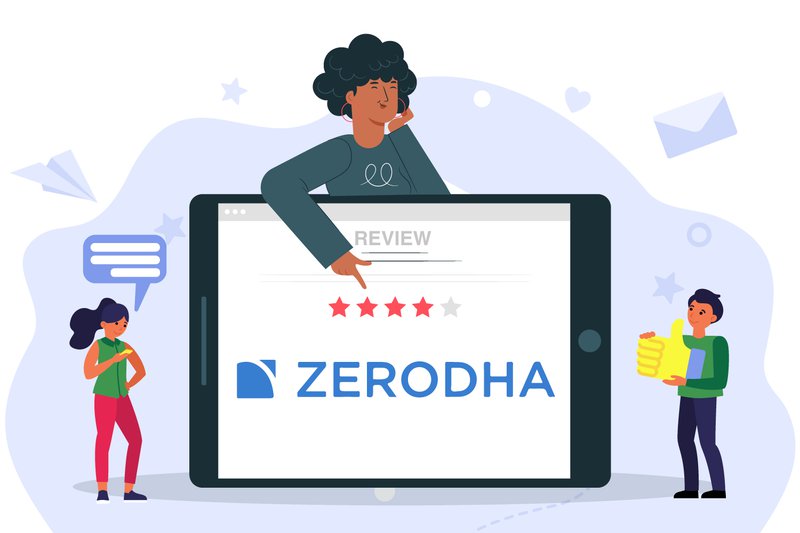
The Story of India's Largest Retail Broker: Zerodha
- Market
Since its founding in 2010 by brothers Nithin and Nikhil Kamath in Bengaluru, the goal of online discount brokerage firm Zerodha has been to remove barriers to trading. Thus, the term Zerodha, which is derived from the Sanskrit words 'zero' and 'rodha,' means impediments.
With approximately 8.47 lakh active clients, their efforts have now paid off, as the firm has dethroned long-time market leader ICICI Securities to become India's largest brokerage firm. Every day, the platform sees two to three million trades, making it the world's largest retail brokerage firm. Every month, it adds 50,000 to 75,000 new accounts.
When Zerodha initially joined the market in 2010, it ushered in a slew of firsts for India's brokerage business. It is the first 'discount brokerage' firm in India.
In contrast to a full-service broker, a discount broker does not provide research services to its clients, such as buy or sell advice. It passes on the savings it makes by not having a full-fledged research team to customers in the form of a cheap brokerage.
Experts at the time considered Zerodha's policy of charging a flat price of Rs 20 for every trade, regardless of size, with no brokerage fee to be quite disruptive. Other brokerages, on the other hand, used to charge a percentage of the traded amount.
The company started with a small team of five people and has now grown to approximately 1,300 employees. According to Nithin Kamath, "credibility and openness are critical for every financial services organization."

"It took a long time, and it was a gradual process over the last eight years." We opened 3,000 accounts in our first year. People naturally question the quality of a product or service when the price is lower. From the beginning, that was a significant challenge for us. We were able to form a group around ourselves, which proved to be beneficial in the long term. "We don't spend any money on advertising even now," he remarked.
Initial suspicion of Zerodha's discount broking model originated from the fact that individual investors, who are typically unsure of which stocks to buy or sell, were not supplied any research services.
To combat this, Zerodha created Varsity, a learning module that has grown in popularity. TradingQ&A, an active forum where traders and investors may discuss stock ideas, is also hosted by the company. Then there's the interactive blog 'Z Connect.'
Nithin made a number of investments in tech firms with the hopes of establishing relationships with aspiring technologists.
"The issue we're attempting to address is how to expand India's capital market environment. It can only be accomplished by educating people on a platform that offers both content and interactivity "Nithin remarked.
Zerodha has successfully differentiated themselves through the usage of technology over time. Kite, its web and mobile trading platform, accounts for more than 10% of all retail trading turnover in India. Coin, an online platform for buying direct mutual funds, was just introduced.
It's also put money into a number of potential financial technology businesses. Smallcase, for example, permits theme investing and provides a pre-built portfolio of companies predicted to benefit from the electric vehicle revolution. Alternatively, there's Sensibull, an options trading site.
The brand's next goal is to attract 5-10 million new investors to the Indian market. "India's economy is heavily reliant on foreign investment. Local residents must invest their money in the market for any country to prosper. Fixed deposits and real estate aren't the only places where money should be invested. I'd like to encourage others to educate themselves and invest in the ecosystem in some way to help it develop "Nithin added to the conversation.
